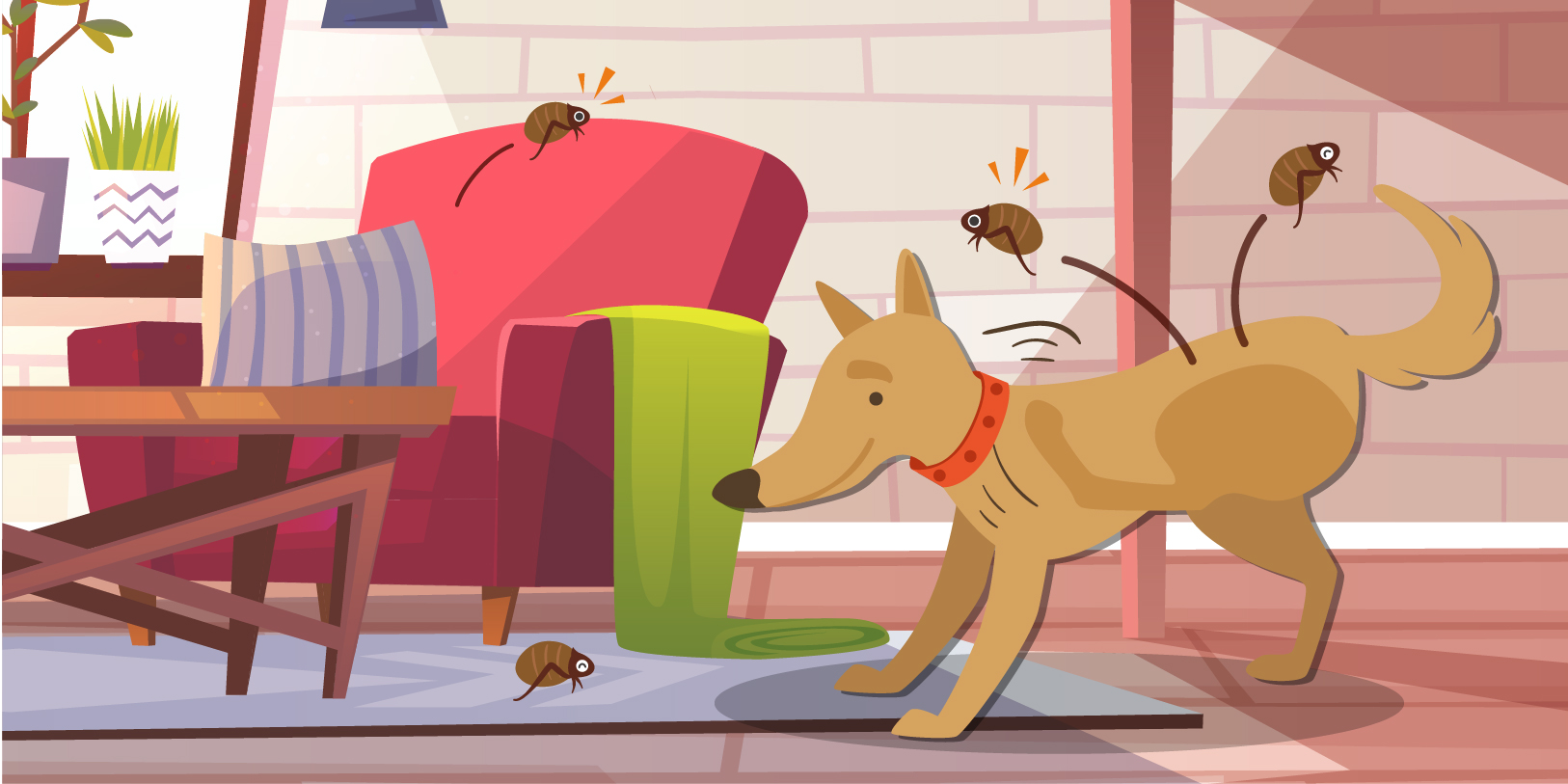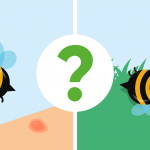Do Fleas Die Without a Host?

Having fleas infest your home can be a constant source of frustration. Your pet might be the one who’s suffering, but, unfortunately, as the responsible ones, we’ve got to deal with them when they do find their way inside.
A flea will select a host and feed off it by consuming their blood – and it can be a real pain to eliminate every last flea you can find. But should a flea lose their host, will they die? Or are they hardy enough to live through it until they eventually find another source of sustenance? That’s what we’re looking into in this article.
Will a flea die without a host?
Fleas are parasites; they need a regular supply of blood to survive. Adult fleas develop a dependency on the blood of their host, so yes, they will quickly perish should they be separated from them for a certain amount of time – this could be as short as a couple of days.
However, while adult fleas are dependent on a host’s blood, fleas in earlier stages are not. Larvae and any eggs that have been laid will survive much longer.
How long can flea larvae survive without a host?
Unlike adult fleas, newly hatched flea larvae do not feed on the blood of a host. They prefer dark, dry areas and will feed on organic debris found on floors, in carpets and around the home. Until they’ve grown a little, they’ll be leaving your pet alone.
The next stage after larvae is the cocooned ‘pupae’ stage. This is where the soon-to-be adult flea hibernates for a long period of time, until they sense the signs of a viable host. In this stage, pupae can survive for over 100 days without a source of food.
Even though you may have eliminated the adult fleas from your pet, the eggs can survive, so it’s possible for the infestation to recur later on once the pupae emerge from their cocoons. That’s why preventative, proactive flea control is the best way to prevent fleas from settling into your home and feeding off your beloved pet.
The life cycle of a flea
Understanding the life cycle of a flea is key to stopping an infestation. As long as eggs are being hatched, and as long as there is a host to support the adults, there will be fleas in your home.
In perfect conditions – taking into account the presence of a host, and having dry, dark and temperate living conditions, a flea could live for over a year at a time. Just think about how many eggs could be laid during that time!
Laid eggs will hatch, and larvae will feed on organic debris for a couple of weeks. They’ll hide away and be difficult to spot. Once they reach a certain point, they’ll advance to the pupae stage, surviving inside their cocoon for lengthy periods of time. During this time, you might think the infestation has stopped. However, it’s simply on hold.
The clever pupae will wait until the time is right before emerging and latching on to a host. At this point, they’re a fully matured adult, and will be looking to feed on blood and lay more eggs before their natural lifespan comes to an end.
Flea control
Killing off fleas as you see them is an inefficient and ineffective way of stopping an infestation. You need precise and comprehensive flea control to break the flea life cycle and to prevent future infestations.
At ClearFirst Pest Control, we provide proactive pest control for flea infestations. We will survey your home to find the root cause of the infestation and will remove pests that are present, then systematically deter them from your property in the future.
If you’re having trouble with fleas in your home and are worried about the cleanliness of your property and the well–being of your pet, call the team at ClearFirst Pest Control today. We employ an environmentally led approach to pest control, meaning we aim to create an internal environment which actively dissuades fleas from settling and doesn’t support them if they do. To find out more, simply contact us today.




![The Many Different Types of Pest [Glossary]](https://www.clearfirstpestcontrol.co.uk/wp-content/uploads/2019/11/flea-150x150.jpg)